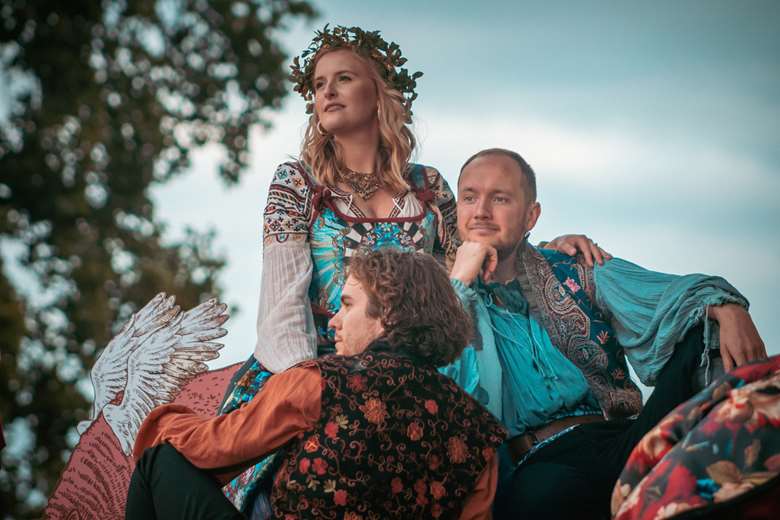Betty Makharinsky: 'Be bold and don't worry about failure'
Betty Makharinsky
Thursday, June 9, 2022
Vache Baroque Festival co-founder Betty Makharinsky offers a masterclass in helping pandemic-born arts initiatives thrive in a post-lockdown world.


Register now to continue reading
Don’t miss out on our dedicated coverage of the classical music world. Register today to enjoy the following benefits:
- Unlimited access to news pages
- Free weekly email newsletter
- Free access to two subscriber-only articles per month